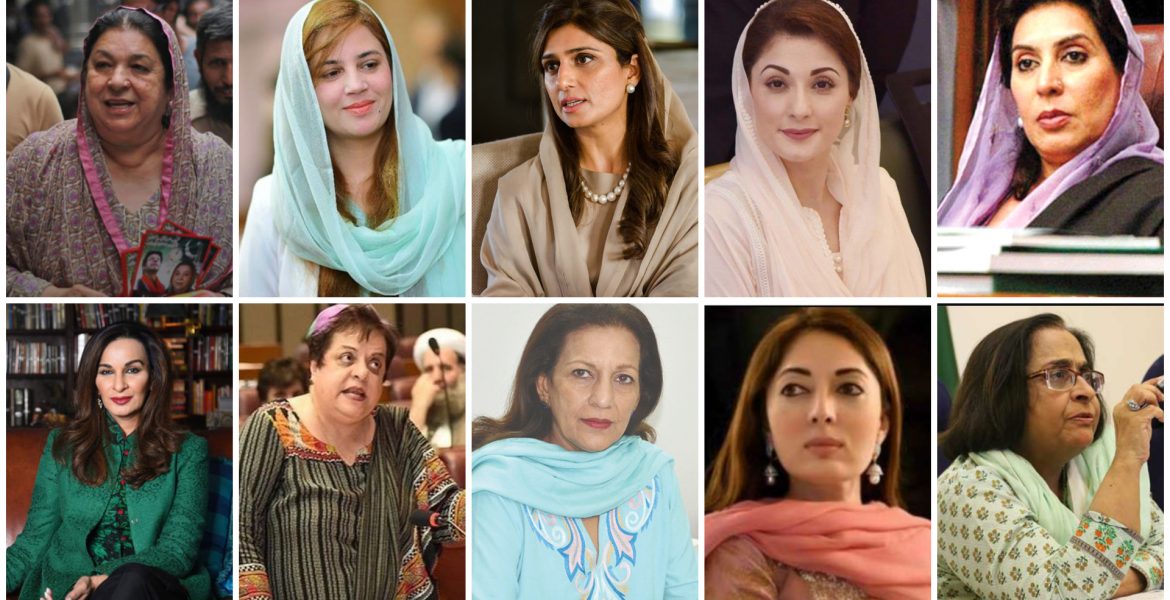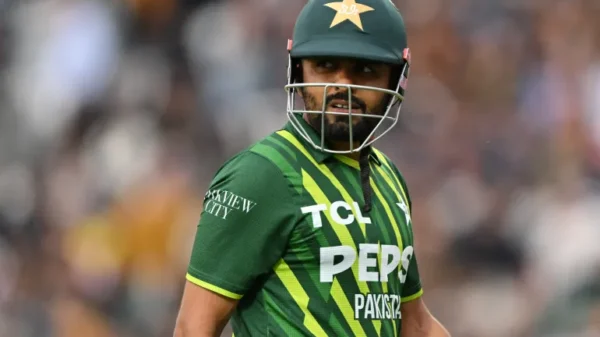Women’s participation in decision making and leadership roles is a prerequisite for democracy to work effectively. Groups with specific interests and requirements need to have a direct participation in decision making in order to ensure that their issues are on the agenda and the decisions being made incorporate their viewpoint. Despite the efforts by society’s various sectors, gender equality remains a distant dream in Pakistan. Numerous
political, social, cultural, economic and religious barriers still prevent the advancement of women. According to the Global Gender Gap Index 2020, Pakistan is the third worst country in the world for gender equality, ranked 151st out of 153 countries studied. When we say political participation, it means both in holding office and voting. Before delving into our main topic, a cursory look at women’s political participation seems pertinent.
Back in 2015, I did a research on the political affiliation of people in NA-125. While talking to the women in the families, an interesting fact about their voting behaviour surfaced. Asked who she would vote in upcoming election, a woman said, “I will ask my husband since he and his brothers make this decision for the whole family.
They know best since we [women] don’t understand what’s happening in the world.”
Her statement shows only one aspect of this grievous issue.
Coming back to women’s representation in legislatures, let’s see the picture painted in 2013 elections. There were a total of 228 women overall in the National and Provincial Assemblies, 70 in the National Assembly, 141 in all of the Provincial Assemblies, whereas
17 in the Senate. In 2013, their overall proportion of representation is 19.5% i.e. 228 out of 1170 members which was previously 19.9%.
Of the 228 women, 205 were on reserved seats for women, 21 won on general seats and 2 came on reserved seats for non-Muslims. Of the 141 women in the Provincial Assemblies, 76 were in Punjab Assembly, 31 were in Sindh Assembly, 22 were in the Khyber Pakhtunkhwa Assembly, and 12 were in the Baluchistan Assembly.
Of these 228, 116 belong to PML-N, 41 belong to PPPP, 23 belong to PTI, 15 belong to MQM, 9 belong to JUI-F, 4 belong to PMAP, 3 each belong to ANP and PML-F, 2 each belong to PML, BNP-A, QWP, JI, National Party, and 1 each belong to AJIP, NPP, PML-Z and PML-Q. In the National Assembly, there were 70 women out of a total of 342 i.e. 20.5%. In the Senate, there were 17 out of a total of 100 i.e. 17%.
A report published by Aurat Foundation on the 2013 general election said, “The decrease of women in the legislative assemblies, the reduction of women’s reserved seats in local government and the decrease of women in senior positions such as ministers, speaker, advisors and cabinet members in the federal and provincial governments are all symptoms and evidences of the backward movement of Pakistani society in the context of gender equality and reforms”.
The 2018 elections were bluntly called male-dominat- ed as out of the total population of the country 207,774,520; women being 101,314,780 in number, only 183 women were contesting the polls. Despite this record number, the data released by ECP showed that only eight female lawmakers were elected on general seats.
Of the winning women candidates, four won on NA seats in Sindh, three in Punjab, and one in Baluchistan. No women candidates won a general seat in Khyber Pakhtunkhwa.
It was speculated that the higher women participation in elections was partially attributale to a provision in the Elections Act 2017 that bound all political parties to allocate at least 5 percent tickets to women on general seats for the NA and provincial assemblies.
Of the successful women candidates, three had contested on PPP tickets Nafisa Shah (NA-208, Khairpur-I), Shazia Marri (NA-216, Sanghar-II) and Shams-un-Nisa (NA-232, Thatta). Two winning female candidates, Ghulam Bibi (NA-115, Jhang-II) and Zartaj Gul (NA-191, DG Khan) had contested on PTI tickets, while the PML-N, Balochistan Awami Party and the Grand Democratic Alliance each had one winning woman candidate Mehnaz Akber Aziz (NA-77, Narowal-I), ZubaidaJalal (NA-271, Kech) and Fehmida Mirza (NA-230, Badin II) respectively.










